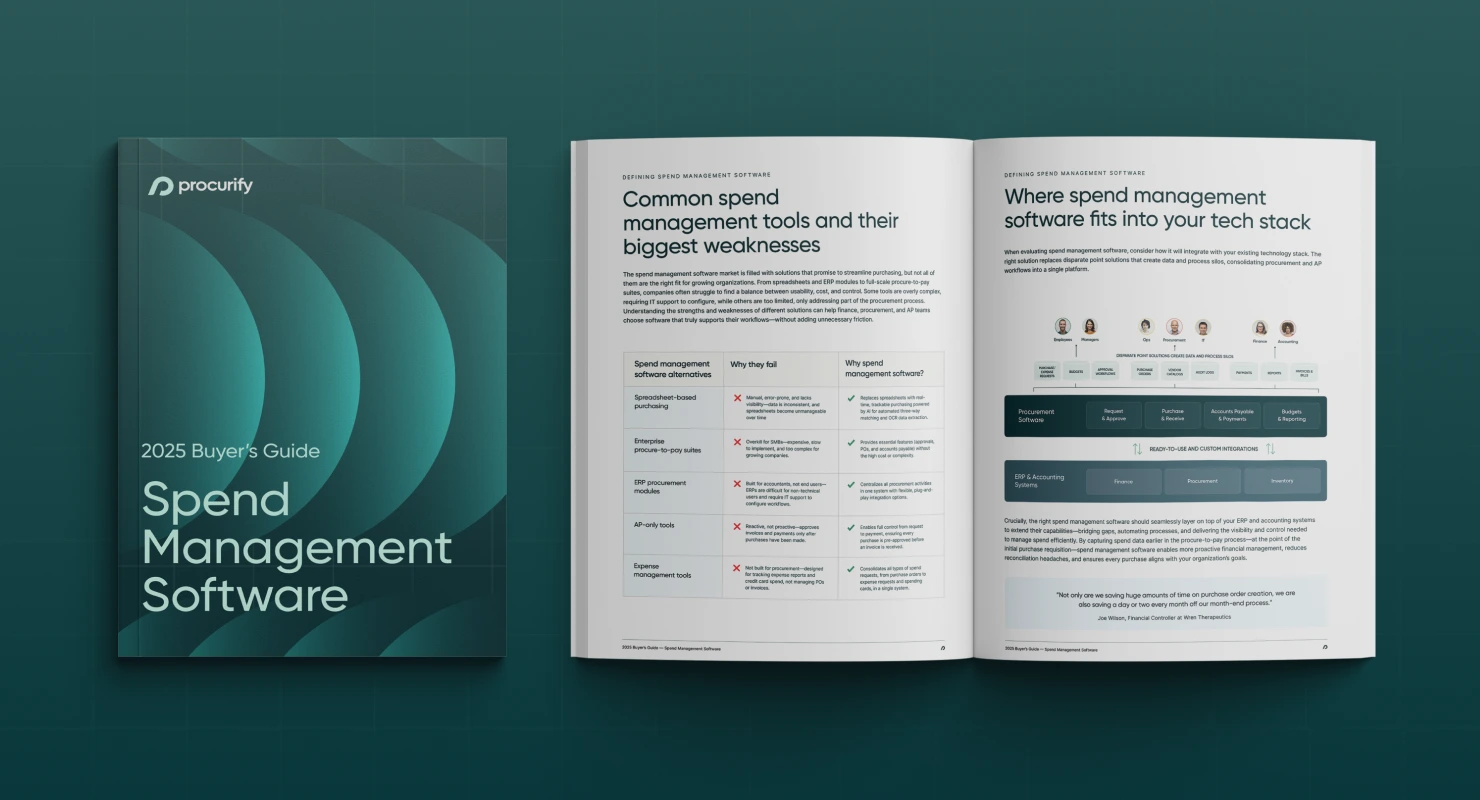Is the Future of Procurement Cloud Technology?
Over the past 15 years the frontier of a global economy has broadened extensively thanks to the Internet. And now more than ever, procurement cloud technology and globalization are taking procurement to the next level. While these advancements require companies to update their IT security measures, they also provide a slew of benefits.
Let’s take a closer look at cloud technology and how it is changing the landscape of supply chain management and procurement.
What is cloud technology?
Cloud computing takes place when hosted services are provided through the Internet. This type of computing proves to be of colossal value because it allows both consumers and business alike to access and use resources such as software services without having to develop an in-house computing infrastructure or install programs on individual in-house computers. Instead, they simply pay a service fee to use resources owned by an independent entity.
It’s important to note that cloud technology comes in three basic forms: public, private and hybrid. Private clouds are used by a single entity. Resources found in public clouds are shared among users, while hybrid clouds automate public services with private cloud security and capabilities. Your company’s exact needs will determine the best type of cloud computing to use.
How procurement cloud technology work?
Extensive ERP-built tools can be extremely complex to work with. After all, these reporting tools complicate comparing ERP data against non-ERP data. With cloud technology, though, consumer friendly application interfaces are simultaneously combined with systematic platforms. And being that many cloud-based applications can be purchased for far cheaper than building them, supply chain management expenses can be reduced. Even the smallest of tasks – PO creation, inventory documentation, vendor transactions, etc. – can be documented and managed using cloud services, lowering IT support costs significantly.
Cloud services provide flexibility and scalability
Effective supply chain management requires flexibility, especially with globally-connected influencing the supply and demand chain enormously. When demand for a product goes up in one country, it’s usually because it has lessened in another. Every economy has a way of balancing with one another — even when all economies are not balanced proportionally.
As your chain supply expands, so will the accompanying data, which is why supply chain management and procurement benefit from cloud computing. The data can be used to expand your products and services to other states, countries and continents. This means that many of your supply chain components will also need to be shifted to cloud-based technology, including those related to:
- Database software
- Tracking and logistics applications
- Inventory control
- New product development
Also noteworthy is that those employed to handle your supply chain and procurement management will need to be updated on cloud-based technologies. Many times, companies find it best to outsource the transition process of switching to cloud-based services, which leads to benefiting from an e-procurement solution as well as a valuable resource at the same time.
Take for instance a business that needs a way to keep up with the always-changing internal purchasing stipulations. With cloud computing, it becomes possible to analyze procurement information with the simple click of a mouse, which ultimately reduces supply chain disruptions and enhances supplier and vendor relationships. It also makes it easier to create, implement, and analyze policy changes on the fly.
Meeting the demand of every customer
Just the same as technology has revolutionized procurement processes, it has also reformed the way consumers can demand products. Take for example how consumers use social media; they are constantly sharing the experiences they have with their favorite items, thus increasing product demand. With cloud computing, it becomes possible to keep up with this increased demand, even when services are needed around the clock.
Even better is that during disasters supply chain management can still take place. When hurricane Sandy shut down services at all airports in New York, this immensely hindered procurement practices. However, with cloud computing, national and global collaboration was able to take place, allowing for product and service demands to be efficiently met at all times.
Automatic and seamless updates
With cloud computing, procurement processes don’t have to be drastically changed every time a new software or hardware update takes place. In fact, cloud computing by nature ensures that your software is accessible and easy to use on a wide variety of device types – be it desktop, PC, Mac, mobile, etc. Updates to the software are automatic and seamless, requiring no IT support, computer restart, or trouble shooting.
Other ways in which cloud computing is transforming procurement is by helping companies reach their full potential in relation to:
- Managing client relationships
- Analysis on products
- Gathering data on vendors, including wholesalers
- Communication with raw material providers
Moving products as needed
Even if your company endures time periods in which products need to be moved fast so that new products can be moved in, cloud-based technology enables you to set up a product distribution pipeline, working with the correct number of vendors to ensure consumer demands are always met as well as your inventory space needs.
Your current procurement infrastructure likely focuses on forecasting consumer demand, but without cloud computing, there are many variables being left out of the equation. Advanced statistical functions can be performed in the matter of less than a second with cloud computing, meaning no matter the time of day or night, your operational tasks can be altered and aligned according to real-time demands.
The Takeaway
Regardless of the industry your company is operating in, cloud computing should become a part of your daily activities. Price strategy planning, marketing campaigns, adjusted logistic routes and much more can be planned and implemented in a cost-efficient manner that best meets not only the needs of your customers, but also your company.
And don’t be fooled into thinking that cloud computing is a new type of technology that businesses are just beginning to use. This bandwagon is one that you will want to jump onto as quickly as possible as it is clear that it will soon become the primary operating environment for supply chain practices. Applications that many companies have already started to take advantage of include Warehouse Management Systems and Transportation Management Systems, both of which aid in the planning, manufacturing and delivering of products.

2025 Spend Management Software Buyer’s Guide
Choose the spend management solution best suited to your organization’s needs with an overview of the 2025 software ecosystem, feature comparisons, and a free vendor capability evaluation checklist.
